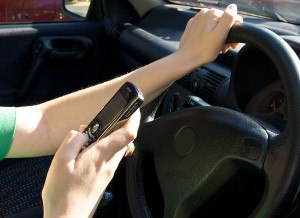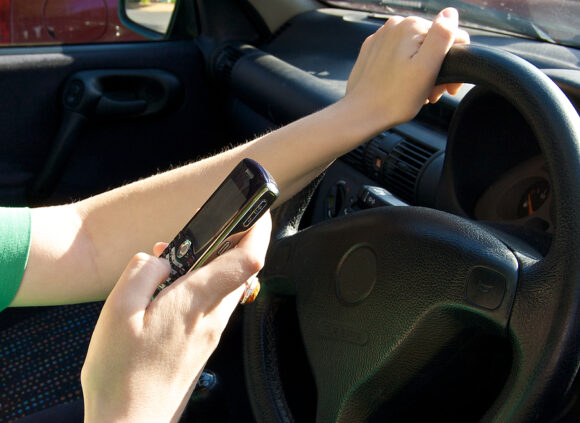Starting Wednesday, texting, emailing and instant messaging while driving will become illegal in Alabama, with violators facing fines and possibly higher insurance rates.
That is, if they don’t have a wreck first.
Republican Rep. Jim McClendon of Springville persuaded lawmakers to approve legislation in April that made Alabama one of 39 states to ban the practice. His legislation delayed enforcement until Aug. 1 to allow the public and police to become familiar with the law.
Proponents don’t expect a flood of tickets in the coming weeks because they expect most motorists to comply like they do with the state law requiring the use of seat belts.
“This law has nothing to do with numbers of citations issue. It’s about safety – like the seat belt law,” said Maj. Keith Barnett, traffic division commander at the Montgomery Police Department.
Alabama’s Public Safety Department reports that distraction from an electronic communication device caused 1,256 accidents in Alabama in 2010, including five deaths. That was 1 percent of the accidents investigated in Alabama in 2010 – the most recent year with statewide statistics available.
“It is reasonable to assume that these are conservative numbers because it is often difficult to determine that these devices contributed to the crashes because the drivers conceal this fact or because they were killed in the crash,” department spokesman Steve Jarrett said.
McClendon, who worked six years to get the law enacted, predicted it will result in fewer crashes.
“I know we are going to save lives,” he said.
Research on distracted driving by the University of Alabama at Birmingham shows the typical driver looks away from the road for 4.6 seconds while texting. When driving 55 mph, that’s enough time to travel the length of a football field.
Alabama’s new law allows police to stop motorists for writing, sending or reading text messages, instant messages or emails while driving. Several Alabama cities already ban texting while driving, but some prohibit police from stopping a motorist unless the driver is already doing something else illegal, such as speeding. The state law is broader because it doesn’t require a second offense to make a stop, Barnett said.
State troopers have not gone through any special training on how to enforce the law. “It is simply a matter of applying common sense and the basic principles of law enforcement,” Jarrett said.
A ticket is $25 for the first offense, $50 for the second, and $75 for the third and subsequent offenses. Court costs, which can be $100 or more, are added to the fine. A violation also puts two points on a driver’s record at the state Department of Public Safety. McClendon said auto insurance companies keep an eye on those points, and violators could see their insurance rates go up.
“It’s not going to be cheap,” he said.
The law contains exceptions for contacting emergency services and for messages sent when a car is parked on the shoulder of the road. It also allows drivers to read, but not program, global positioning systems, or GPS, while moving, and it allows the use of voice-activated communications systems like many new models have.
Was this article valuable?
Here are more articles you may enjoy.


 China Bans Hidden Car Door Handles in World-First Safety Policy
China Bans Hidden Car Door Handles in World-First Safety Policy  Cape Cod Faces Highest Snow Risk as New Coastal Storm Forms
Cape Cod Faces Highest Snow Risk as New Coastal Storm Forms  Berkshire Utility Presses Wildfire Appeal With Billions at Stake
Berkshire Utility Presses Wildfire Appeal With Billions at Stake  Uber Jury Awards $8.5 Million Damages in Sexual Assault Case
Uber Jury Awards $8.5 Million Damages in Sexual Assault Case 